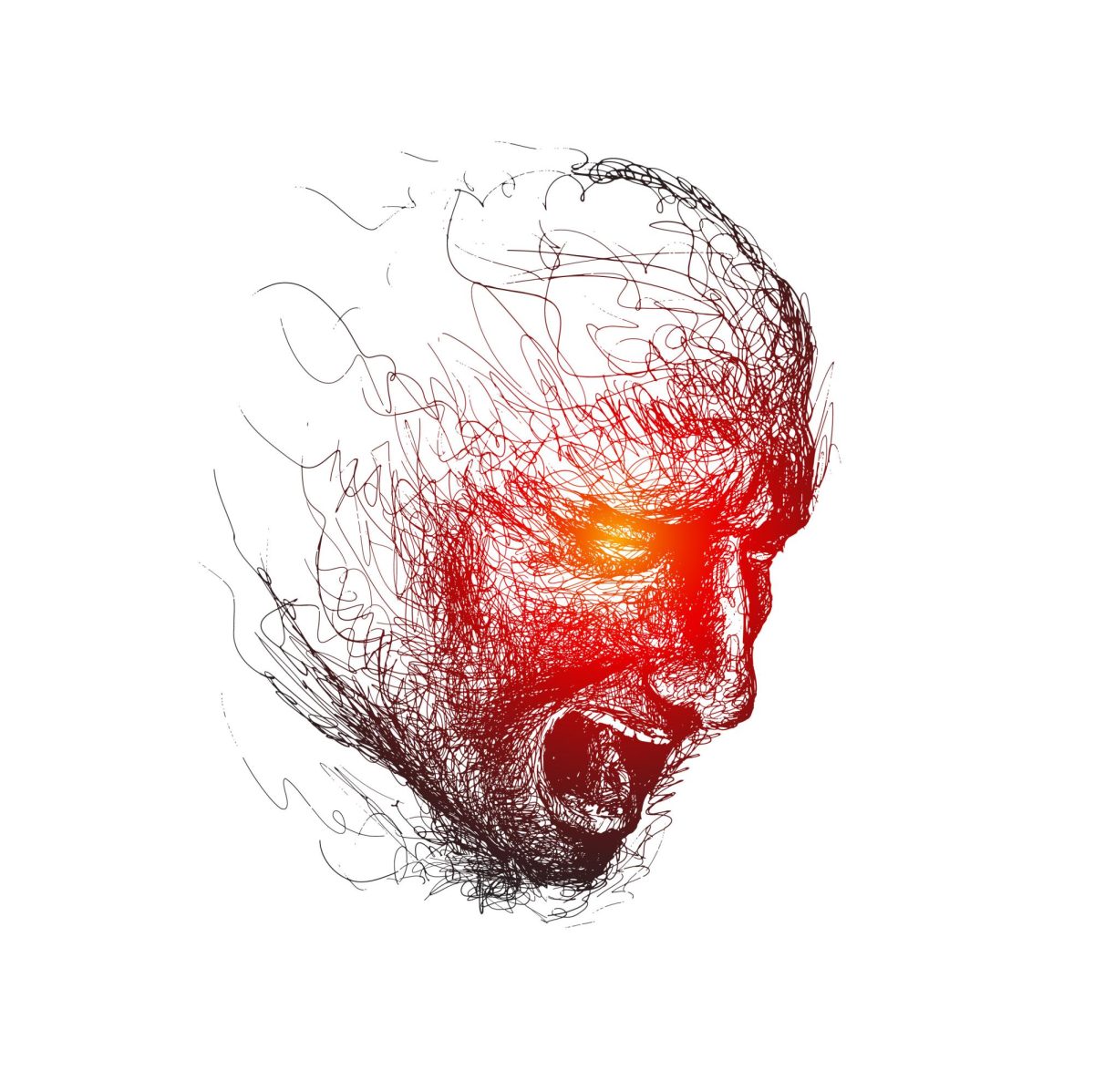Recently, social media platforms such as TikTok have popularized the concept of “Ragebait”. Most people view it as a fun way to mess with their friends, but ragebait goes deeper – it seeps into your emotional health. Even worse, now that marketers realize that hate is the strongest way to unite people, they use it to gain money and power. Ragebaiters, like Jojo Siwa, have benefitted from this method, showing the power that anger has over us as consumers.
Diving deeper, former “Dance Moms” star Jojo Siwa is a notable figure who uses ragebaiting as a platform. She grew up on reality TV, never liked by her dance coach, Abby Lee Miller, and was scrutinized consistently more than the other dancers. However, once she released her song, “Boomerang”, which is about not listening to haters, her entire life changed. She not only became a household name and a child millionaire, but she also learned an important lesson – being the “favorite” doesn’t get you success.
The interesting part about Siwa’s story isn’t all the hate she’s endured, but the way she’s handled it. Many people have posted videos, TikToks, and even articles criticizing her. Despite this, all she’s done is move forward.
In her new song, “Raspy,” She addresses all the hate she’s gotten over the years, and her response to it is, “Say what you want, go ahead, try to insult me,” which then leads her to say, “all press is good press.” That doesn’t seem like the truth, but as a result of all the “bad press,” She has an estimated net worth of $20 million. This is a major contrast to Siwa’s former costar from “Dance Moms” that never pushed boundaries, Maddie Zeigler, who has an estimated net worth of only $5 million.
The contrast between Siwa and Zeigler is clear – being the favorite doesn’t get you as many clicks, which in turn means less success, fame, and power. In other words, the more hate you generate, the more power you hold.
Dr. Nigel Barber, writing for Psychology Today, states, “hatred also has a cohesive function: It can bind people together as they face a common foe.” It’s well known that people come together because of common interests, but what can seem more powerful is being brought together by a shared enemy. When fans shared videos making fun of Siwa, it only allowed her to rise in influence while everyone else who was liked by the masses sank below.
Journalist Caroline Harting writes in Columbia News that “humans often remember negative or traumatic experiences over positive ones.” This research is directly tied to ragebait, as it illustrates why controversial figures receive so much more attention than those who don’t push boundaries. It is within our human nature to remember and process events that are linked closely to negative emotions, which is why ragebaiting works so well.
However, Harting expands on the idea that we have the power to change our own brain chemistry. By seeing the silver lining in negative situations, we can control our brain chemistry to view the situation more positively. Not only will pointing out the positives in situations change our perception of negative memories, but it also improves various other aspects of our lives.
Harting writes, “Beyond the clear benefit of lifting mood, the experience of positive emotion can also broaden our cognitive perspective, which can lead to better decision-making, enhanced creativity, and adaptive coping.” In other words, we have the power to shift our perception of our memories to have a more positive outlook: meaning that if we choose, rage can have no power over us.
Journalist Debbie Leavitt, in her article, recognizes and avoids ragebait, suggesting that the best way to prevent ragebait is to simply disengage. By showing the algorithm that we are uninterested, we are downplaying that topic and focusing attention on only what is good. Instead of commenting on a post that makes you mad, amplify the posts that make a positive impact on you. By starting this, we can change what the algorithm values and decenter hate from the mainstream culture. Not only is decentering hate good for our own health, but starting a new culture of celebrating instead of humiliating will improve the well-being of others around us as well. The next time you mindlessly scroll, remember that you also have a responsibility- what voices am I uplifting? Voices of hate or voices of change?

